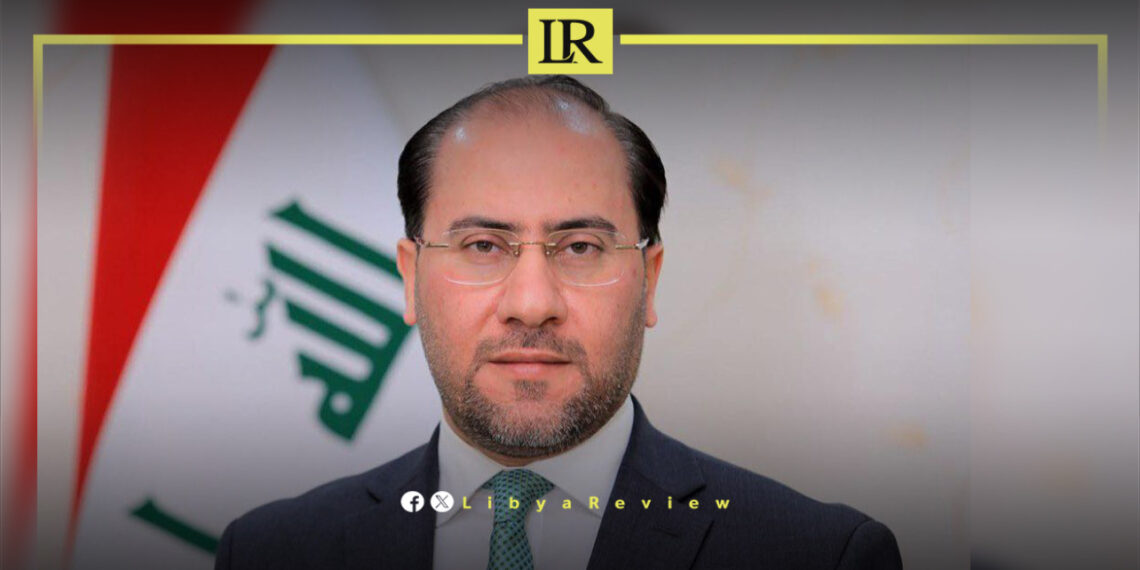Iraq has officially announced the export of its first shipment of locally-manufactured cancer treatment drugs to Libya, marking a significant milestone in pharmaceutical cooperation between the two nations.
Ahmed Al-Sahhaf, Chargé d’Affaires at the Iraqi Embassy in Tripoli, confirmed the development through a statement published by the embassy on Facebook on Sunday. Al-Sahhaf highlighted that the medicines were produced in Iraq in accordance with the latest international standards.
He further explained that the move reflects ongoing efforts to strengthen bilateral cooperation, under the patronage of Iraq’s Prime Minister Mohammed Shia’ Al-Sudani and the supervision of Health Minister Dr. Saleh Al-Hasnawi.
Al-Sahhaf emphasized that the Iraqi Embassy in Tripoli is closely following up on these initiatives, which aim to deepen the fraternal ties between Baghdad and Tripoli. He hailed the shipment as a national achievement, underscoring the success of Iraq’s strategy to localize pharmaceutical production and support its Arab partners.
This milestone is expected to open new avenues for expanded trade and health collaboration between Iraq and Libya, while showcasing Iraq’s growing capabilities in the pharmaceutical industry.
Libya has been in chaos since a NATO-backed uprising toppled longtime leader Muammar Gaddafi in 2011. The county has for years been split between rival administrations.
Libya’s economy, heavily reliant on oil, has suffered due to the ongoing conflict. The instability has led to fluctuations in oil production and prices, impacting the global oil market and Libya’s economy.
The conflict has led to a significant humanitarian crisis in Libya, with thousands of people killed, and many more displaced. Migrants and refugees using Libya as a transit point to Europe have also faced dire conditions.
The planned elections for December 2021 were delayed due to disagreements over election laws and the eligibility of certain candidates. This delay has raised concerns about the feasibility of a peaceful political transition.
Despite the ceasefire, security remains a significant concern with sporadic fighting and the presence of mercenaries and foreign fighters. The unification of the military and the removal of foreign forces are crucial challenges.


